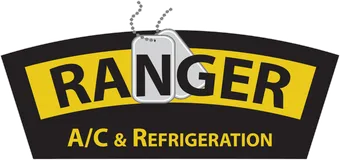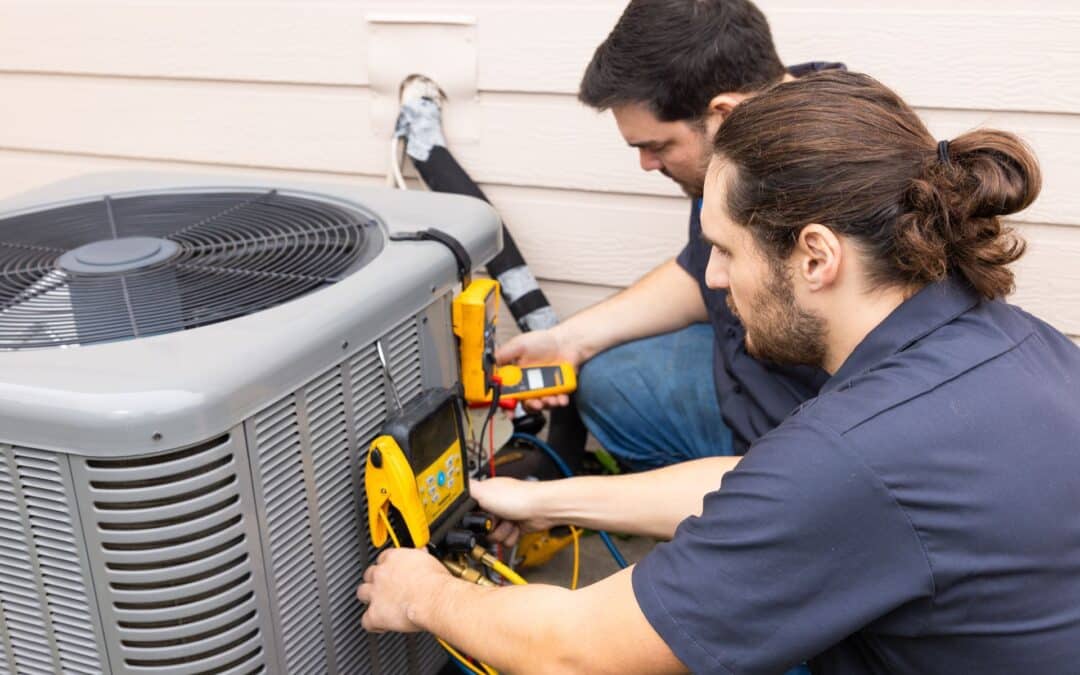According to recent industry data, approximately 90% of U.S. households now rely on air conditioning during warmer months—highlighting just how vital functioning cooling systems are in today’s world. With that backdrop, the question many homeowners face is whether to pursue air conditioning repair or invest in a complete replacement. This article will guide you through key factors to help determine which option makes the most sense.
Assessing Repair vs Replacement: What to Consider
When deciding between HVAC repair and replacement, several critical factors should guide your decision:
- Age of your system: Systems older than about 10 years often suffer declining efficiency and rising maintenance costs.
- Frequency and cost of repairs.
- Energy efficiency: Older units may spike your energy bills.
- Performance issues: Strange noises, poor cooling, or uneven temperatures often signal deeper problems.
- Overall comfort and indoor air quality.
Knowing these aspects helps homeowners make a smart call—whether a quick fix or a fresh start is the right move.
When Air Conditioning Repair Is the Smart Play
Opting for air conditioning repair can be the most sensible approach under these conditions:
- The system is less than 10 years old, and functionality remains stable.
- You’re facing a single, isolated issue, like a refrigerant leak, clogged coil, or sensor misalignment.
- Your energy bills haven’t changed dramatically.
- A technician can clearly identify a relatively inexpensive repair.
Common repair indicators include:
- Hissing or leaking refrigerant
- Dirty or obstructed coils
- Electrical issues (failing to turn on, burning smells)
- Thermostat sensor misplacement
- Drainage or condensation problems
Benefits of choosing repair:
- Lower upfront cost
- Faster return to comfort
- Preservation of your current system’s service life, if well maintained
When Replacement Makes the Most Sense
Replacing your unit may be wise when:
- The system is over 10 years old and repair costs are rising.
- You’re experiencing frequent breakdowns or escalating repair bills.
- Energy consumption has noticeably increased over time.
- The unit no longer delivers consistent, efficient cooling.
- You’re interested in modern, energy-saving models.
Key advantages of replacement:
- Higher energy efficiency and lower utility bills
- Better cooling performance and reliability
- Updated technology (like smart thermostats) for smarter operation
- Reduced maintenance headaches over the long haul
Quick Comparison: Repair vs Replacement
| Factor | Opt for Repair | Consider Replacement |
|---|---|---|
| System age | Less than ~10 years | More than ~10 years |
| Cost-efficiency | Repairs affordable and infrequent | Repairs are costly and frequent |
| Energy consumption | Stable energy usage | Rising utility bills |
| System performance | Cooling still effective | Poor cooling, inconsistent airflow |
| Long-term value | Extends current system life | Investment in new system savings |
Maintenance Tips to Extend Life (Beyond This Decision)
Whether you repair or replace, good maintenance underpins system longevity:
- Schedule regular tune-ups, ideally in spring for cooling systems.
- Replace or clean air filters every 1–3 months, especially if you have pets or allergies.
- Clear debris from the outdoor unit to maintain airflow.
- Inspect ductwork for leaks or blockages.
- Consider installing a smart thermostat to optimize HVAC usage and savings.
Final Takeaways
With nearly 90% of homes depending on cooling systems, knowing when to fix or replace yours matters more than ever. Choose repair when the issue is minor, the system is still efficient, and the age is reasonable. Opt for replacement when reliability, performance, and efficiency are no longer worth the struggle.
By being proactive—watching out for weird noises, rising bills, or uneven cooling—and maintaining your system responsibly, you can make informed decisions that keep your home comfortable and your expenses in balance.

